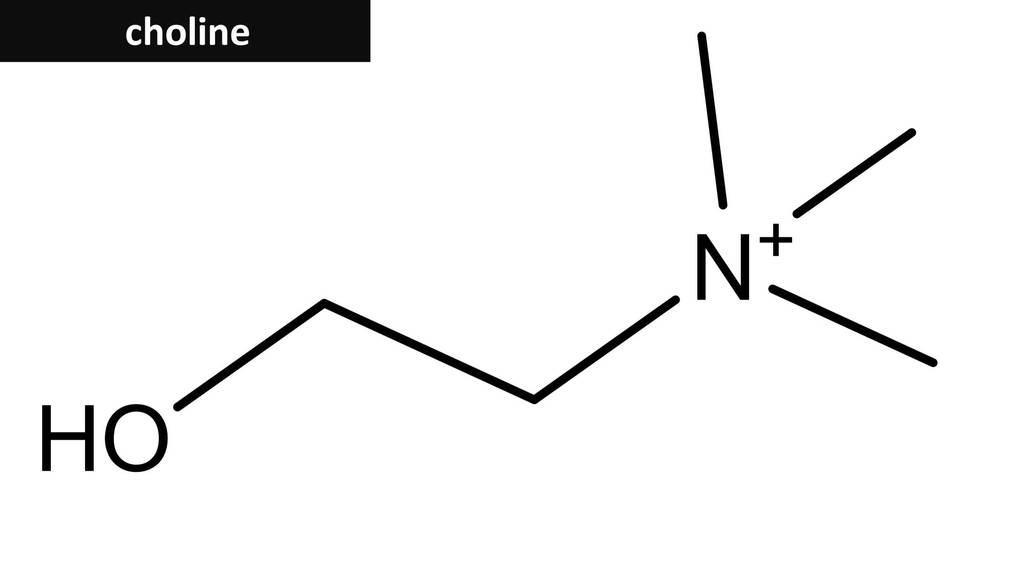Cholinergic: Nootropic Explained
September 13, 2023

Welcome, brain enthusiasts, to the exciting world of nootropics! Today, we're diving into the deep end of the pool with a look at one of the most fascinating types of these cognitive enhancers: Cholinergic nootropics. So, buckle up, put on your thinking caps, and let's get started!
Cholinergic nootropics, as the name suggests, are all about choline - a crucial nutrient that plays a key role in our brain's functioning. But what exactly is choline, how does it work, and why is it so important for our cognitive abilities? Let's find out!

Understanding Choline
First things first, let's get to know choline a little better. This essential nutrient is a water-soluble compound that's used by our bodies in a variety of ways, from maintaining the structure of our cell membranes to producing neurotransmitters that facilitate communication between our brain cells.
Choline is naturally present in a variety of foods, including eggs, beef, soybeans, and wheat germ. However, our bodies can't produce enough of it on their own, which is why it's considered an essential nutrient that we need to obtain from our diet or supplements.
The Role of Choline in the Brain
Choline's most important job in the brain is to serve as a precursor to acetylcholine, a neurotransmitter that plays a crucial role in many cognitive functions, including memory, attention, and mood regulation. Without enough choline, our brains can't produce sufficient amounts of acetylcholine, which can lead to cognitive decline and neurological disorders.
But that's not all! Choline also contributes to the maintenance of the myelin sheath, a protective layer that covers our neurons and ensures efficient transmission of electrical signals in the brain. This means that choline is not only important for our cognitive abilities but also for the overall health and integrity of our brain cells.
Choline Deficiency
Given its importance, you might think that choline deficiency is a rare occurrence. But you'd be surprised! Studies suggest that up to 90% of the population doesn't get enough choline from their diet. This can lead to a variety of health problems, including liver disease, cardiovascular disease, and neurological disorders.
Moreover, choline deficiency can have a particularly negative impact on cognitive function. Symptoms can include memory loss, difficulty concentrating, mood changes, and even neurological conditions like Alzheimer's disease. So, ensuring an adequate intake of choline is crucial for our brain health and cognitive abilities.
Cholinergic Nootropics: The Brain Boosters
Now that we've established the importance of choline, let's turn our attention to cholinergic nootropics. These are substances that increase the levels of acetylcholine in the brain, either by providing more choline or by enhancing the production or release of acetylcholine.
By boosting acetylcholine levels, cholinergic nootropics can enhance various cognitive functions, including memory, attention, and learning. They can also improve mood and reduce anxiety, making them a popular choice among students, professionals, and anyone looking to optimize their cognitive performance.
Types of Cholinergic Nootropics
There are several types of cholinergic nootropics, each with its own unique properties and mechanisms of action. Some of the most popular ones include:
- Choline supplements: These provide a direct source of choline, which the brain can use to produce more acetylcholine. Examples include choline bitartrate, choline citrate, and alpha-GPC.
- AChE inhibitors: These substances inhibit the enzyme acetylcholinesterase, which breaks down acetylcholine in the brain. By inhibiting this enzyme, they increase the levels of acetylcholine. Examples include huperzine A and donepezil.
- Cholinergic agonists: These substances mimic the action of acetylcholine in the brain, stimulating the same receptors and producing similar effects. Examples include nicotine and muscarine.
Each of these types of cholinergic nootropics has its own benefits and potential side effects, so it's important to choose the one that best fits your needs and to use it responsibly.
Benefits of Cholinergic Nootropics
Cholinergic nootropics offer a range of cognitive benefits, making them a popular choice among nootropic users. Some of the most commonly reported benefits include:
- Improved memory: By boosting acetylcholine levels, cholinergic nootropics can enhance both short-term and long-term memory.
- Enhanced learning: Acetylcholine plays a key role in the formation of new memories and the consolidation of learned information, making cholinergic nootropics a great aid for learning.
- Better focus and attention: Acetylcholine is also involved in attention and alertness, so cholinergic nootropics can help improve focus and concentration.
- Mood enhancement: Some cholinergic nootropics can also improve mood and reduce anxiety, thanks to the role of acetylcholine in mood regulation.
These benefits can make cholinergic nootropics a valuable tool for anyone looking to enhance their cognitive performance, whether for studying, work, or just general brain health.
Potential Side Effects and Precautions
While cholinergic nootropics can offer significant cognitive benefits, they're not without potential side effects. These can include nausea, headache, dizziness, and in rare cases, more serious neurological effects. It's also possible to develop a tolerance to some cholinergic nootropics, which can reduce their effectiveness over time.
Moreover, not all cholinergic nootropics are created equal. Some are more potent than others, and some have a better safety profile. So, it's important to do your research, consult with a healthcare professional, and use these substances responsibly.

Conclusion
Cholinergic nootropics are a fascinating group of substances that can enhance various cognitive functions by boosting the levels of acetylcholine in the brain. Whether you're looking to improve your memory, enhance your learning abilities, boost your focus, or just optimize your brain health, these nootropics can offer significant benefits.
But remember, while cholinergic nootropics can be a powerful tool for cognitive enhancement, they're not a magic bullet. A healthy lifestyle, a balanced diet, regular exercise, and good sleep are just as important for your brain health. So, use these nootropics wisely, and let your brain thank you!

 Back to Blog
Back to Blog